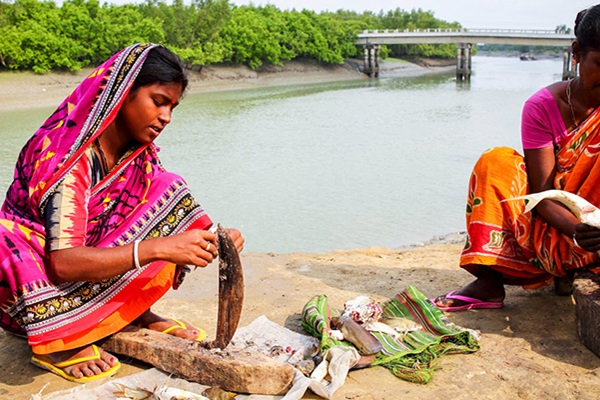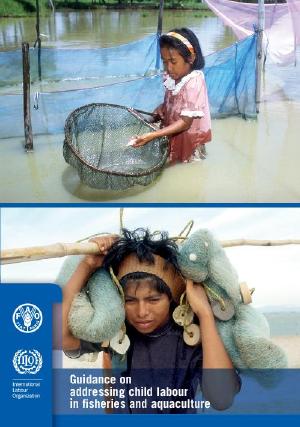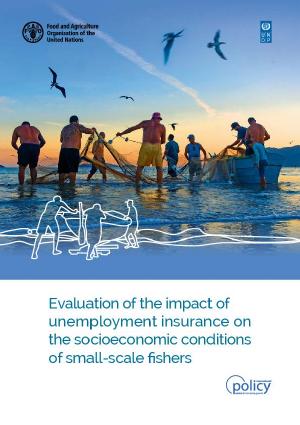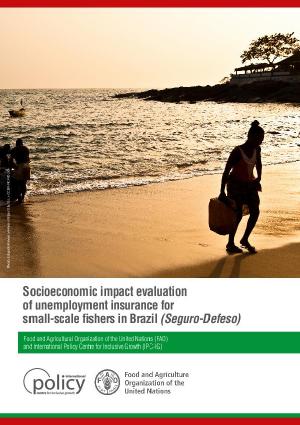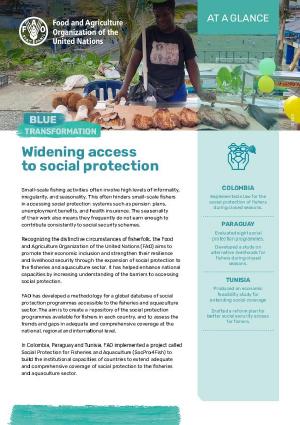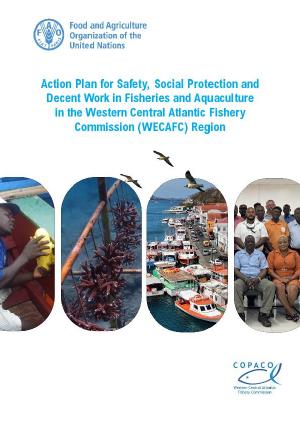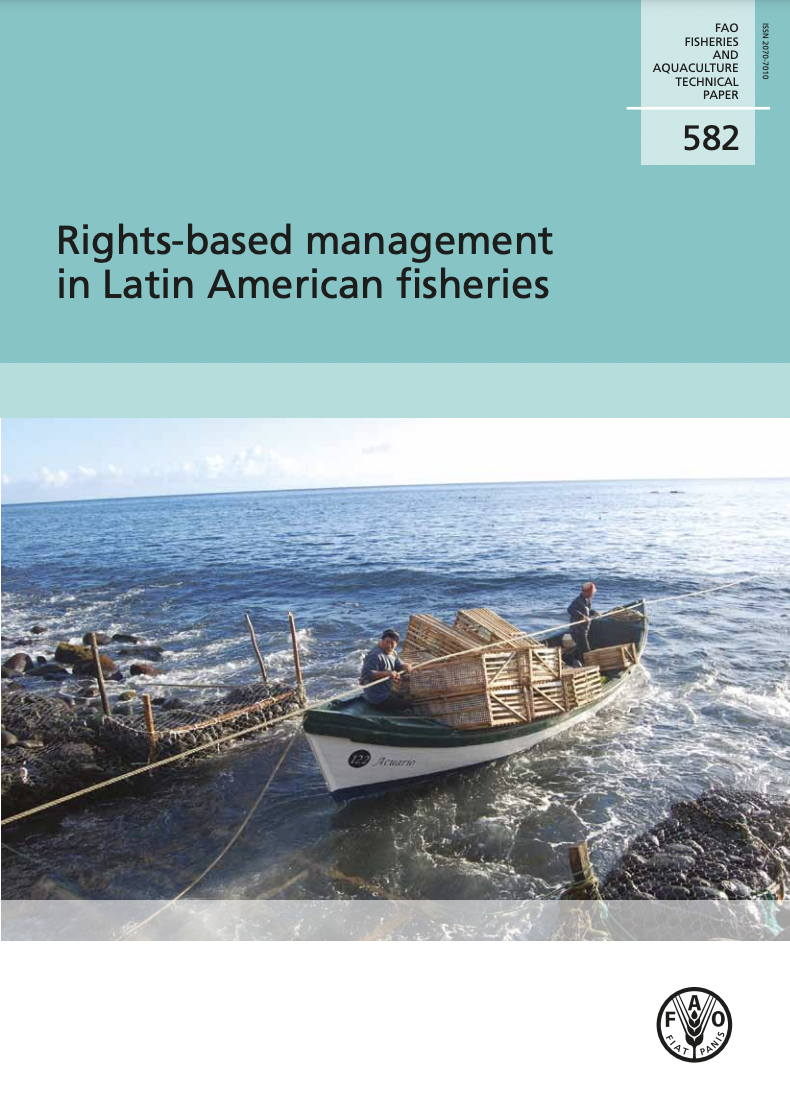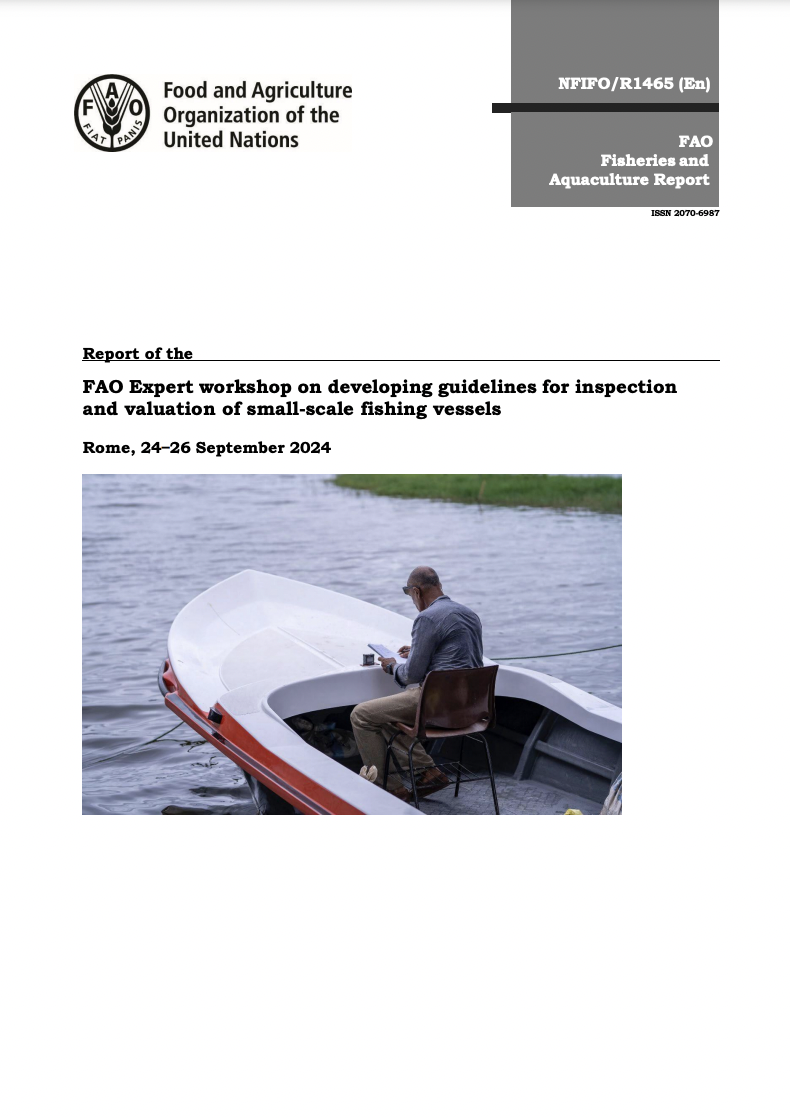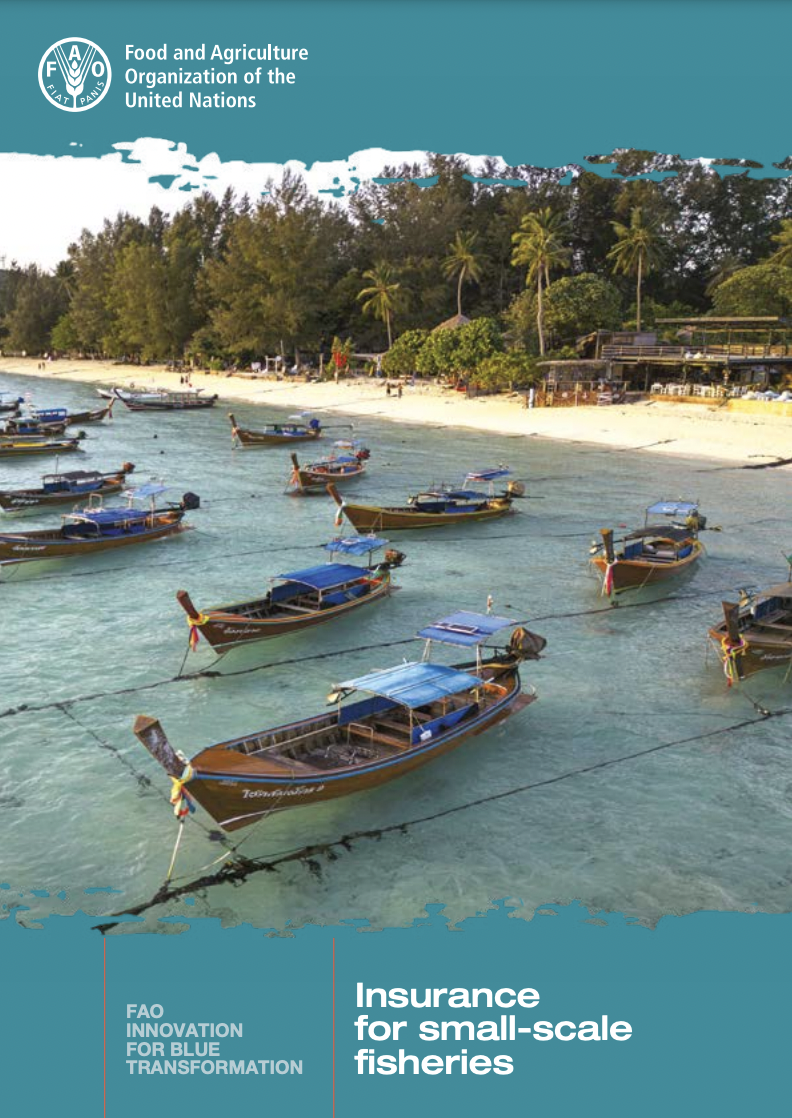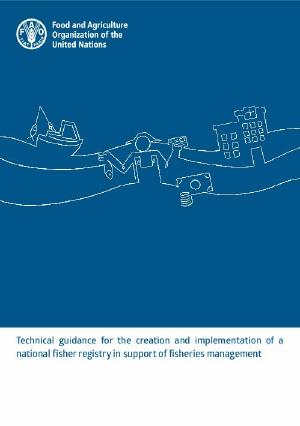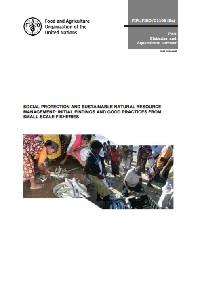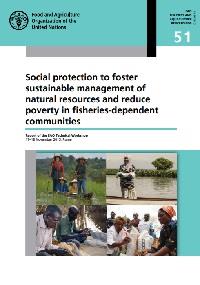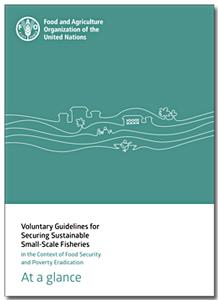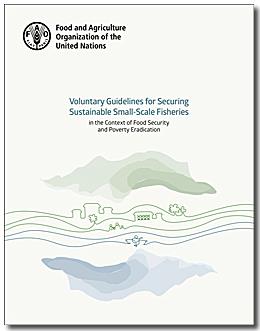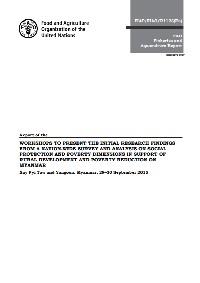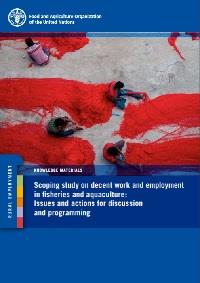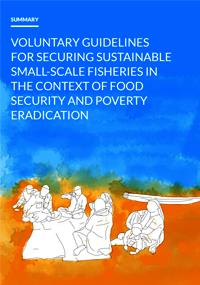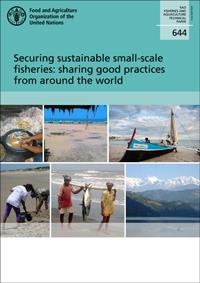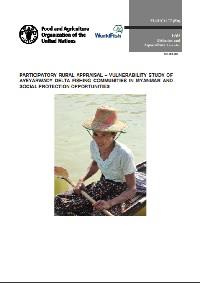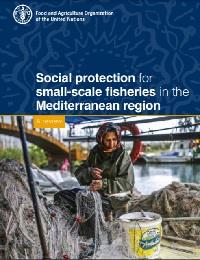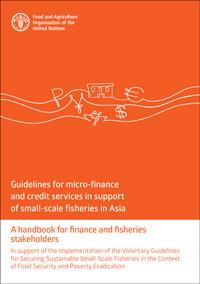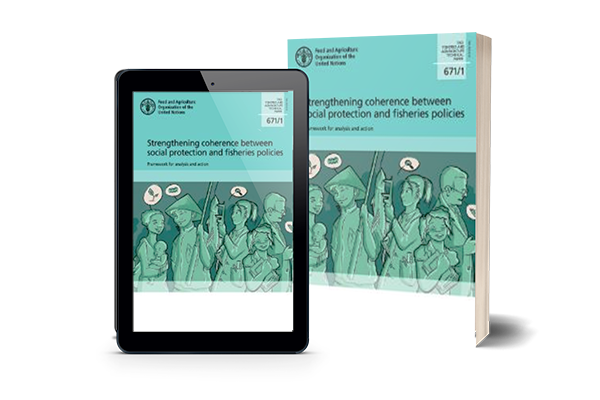Many unrecognized and marginalized
Ninety percent of capture fishers and fish workers in the world work in small-scale fisheries, and small-scale fisheries contribute to over 50% of fish catch in developing countries. Yet small-scale fishing communities are often the poorest and most politically and socially marginalized. This marginalization often means communities lack access to basic services such as drinking water and housing, but also to education and health services.
Most jobs in the sector are informal. Earnings are unstable, partly because fish catches vary with the seasons. In some cases, there are no social protection schemes that fishers and fish workers can access. In other cases, schemes exist, but fishers and fish workers might find it difficult to join social security schemes that require paying a monthly fee.
In general, fishing is considered a very dangerous occupation, and often workers must endure long working hours and poor occupational safety and health conditions. Violence, child labour, forced labour, sexual abuse and poor safety at sea can in some cases further increase the vulnerability of small-scale fisheries actors.
Pairing social development with sustainable fisheries management
For the rights of fishers and fish workers to be recognized, it is key that fishers and fish workers are consulted in decision affecting them and the resources they depend on. Formal and informal workers all along the fisheries value chain should be able to work under decent and gainful conditions. This includes migrant workers, who play an important role in fisheries globally. Forced labour, violence and debt bondage must end.
Recognizing the distinctive circumstances of fisherfolk, the Food and Agriculture Organization of the United Nations (FAO) aims to promote their economic inclusion and strengthen their resilience and livelihood security through the expansion of social protection to the fisheries and aquaculture sector. It has helped enhance national capacities by increasing understanding of the barriers to accessing social protection.
The SSF Guidelines call for social and economic development of small-scale fishing communities so they can enjoy their human rights. Governments are called upon to ensure that international standards are included into national legislation. This includes the right to an adequate standard of living, social protection, decent work, and ensuring that health, education and other essential needs are met.
The SSF Guidelines further recommend that States invest in the human development of small-scale fishing communities, and that they integrate occupational health and safety into the management of fisheries. Social security, and access to credit and insurance schemes are another important recommendation to States on how to strengthen small-scale fishing communities. States also have a responsibility to put in place laws regulating safety at sea, and to make trainings and safety equipment accessible.
Chapter 6 in the SSF Guidelines is about social development, employment and decent work.
SSF Guidelines video on social protection, employment and decent work
Related publications
Related news
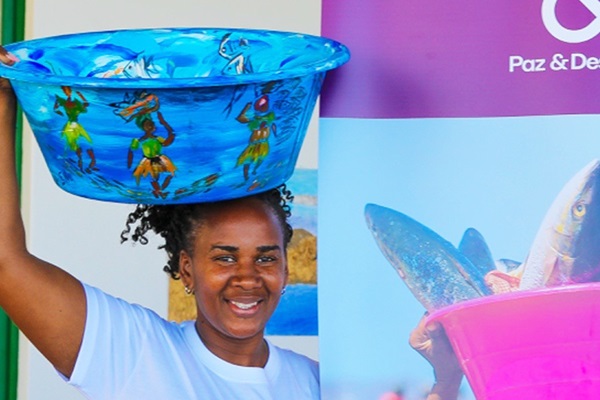
Building a safety net for Cabo Verde’s peixeiras
04/06/2025
In Cabo Verde, more than 1 500 women known as peixeiras, work daily to sell fish, sustaining their families and feeding their communities. They are resilient women who face multiple challenges to keep alive an activity that is vital for the country's food security.
Carla Ramos, 35, is o...

FAO and the Monterey Bay Aquarium join forces to strengthen social protection for Tunisia’s small-scale fishers
21/03/2025
The Food and Agriculture Organization of the United Nations (FAO) and the Monterey Bay Aquarium today inked a deal that will kick off a collaboration to improve social protection for small-scale fishers in Tunisia.
The agreement signed at FAO headquarters in Rome will see the California-...
